Dental X-rays provide valuable information that is not visible during a regular dental examination. They allow dentists to detect issues such as cavities between teeth, bone loss, impacted teeth, infections, and abnormalities in the jawbone or surrounding structures. This early detection enables timely intervention, preventing more serious dental problems and ensuring you receive optimal oral health care.
These X-rays are usually done during an initial consultation to provide a comprehensive view of your oral health. With the results, dentists are able to diagnose problems early and plan effective treatments.
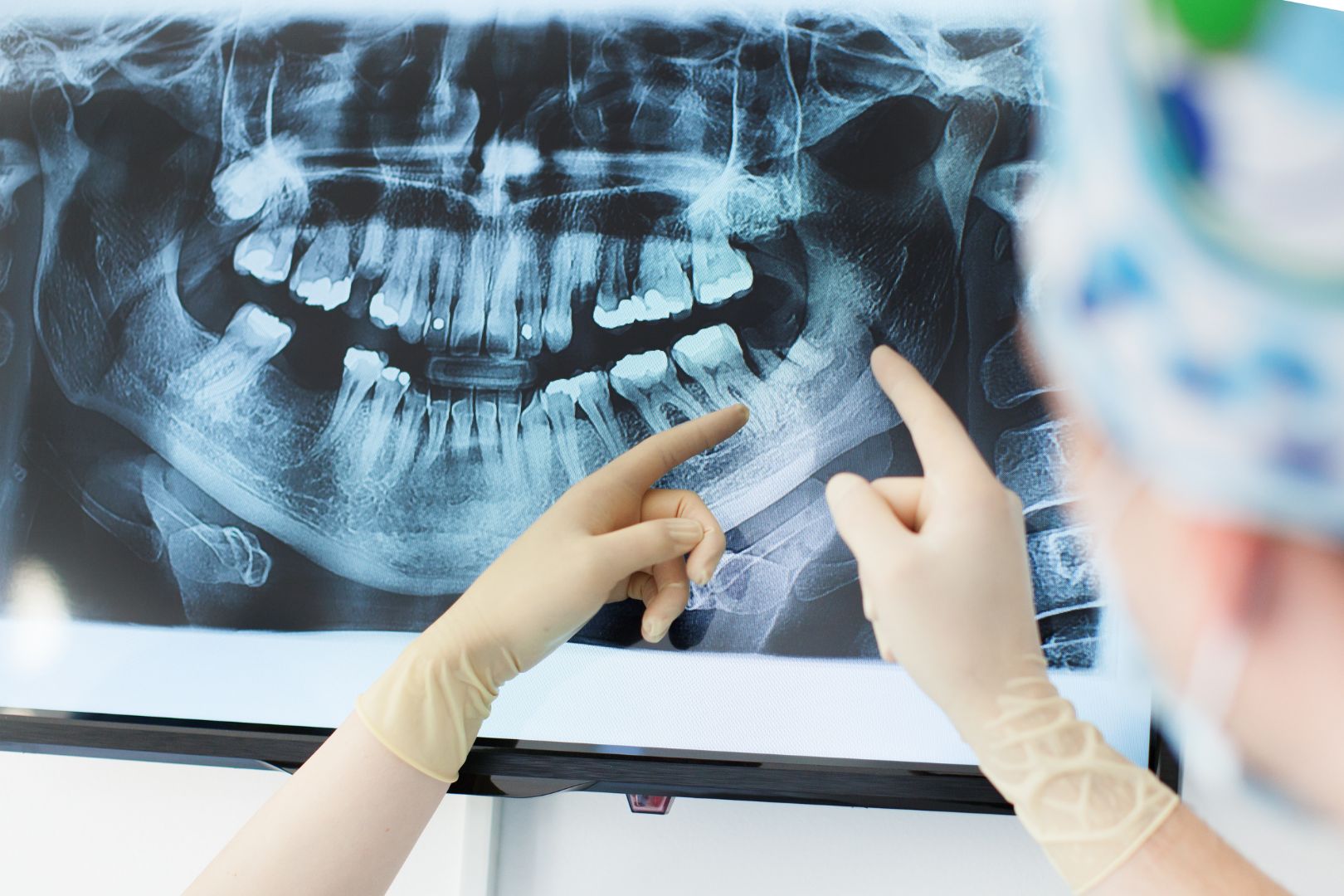
A dental X-ray provides detailed images of your teeth, bones, and surrounding tissues. These results allows the dentist to do a thorough assessment of your dental health which include:
By checking through these areas of your dental health using a dental X-ray, dentists can start a treatment plan that is unique to your dental needs.
At Smile Place Dental, our dentists are experienced in providing effective and safe dental X-ray services as part of your first dental consultation or whenever necessary.
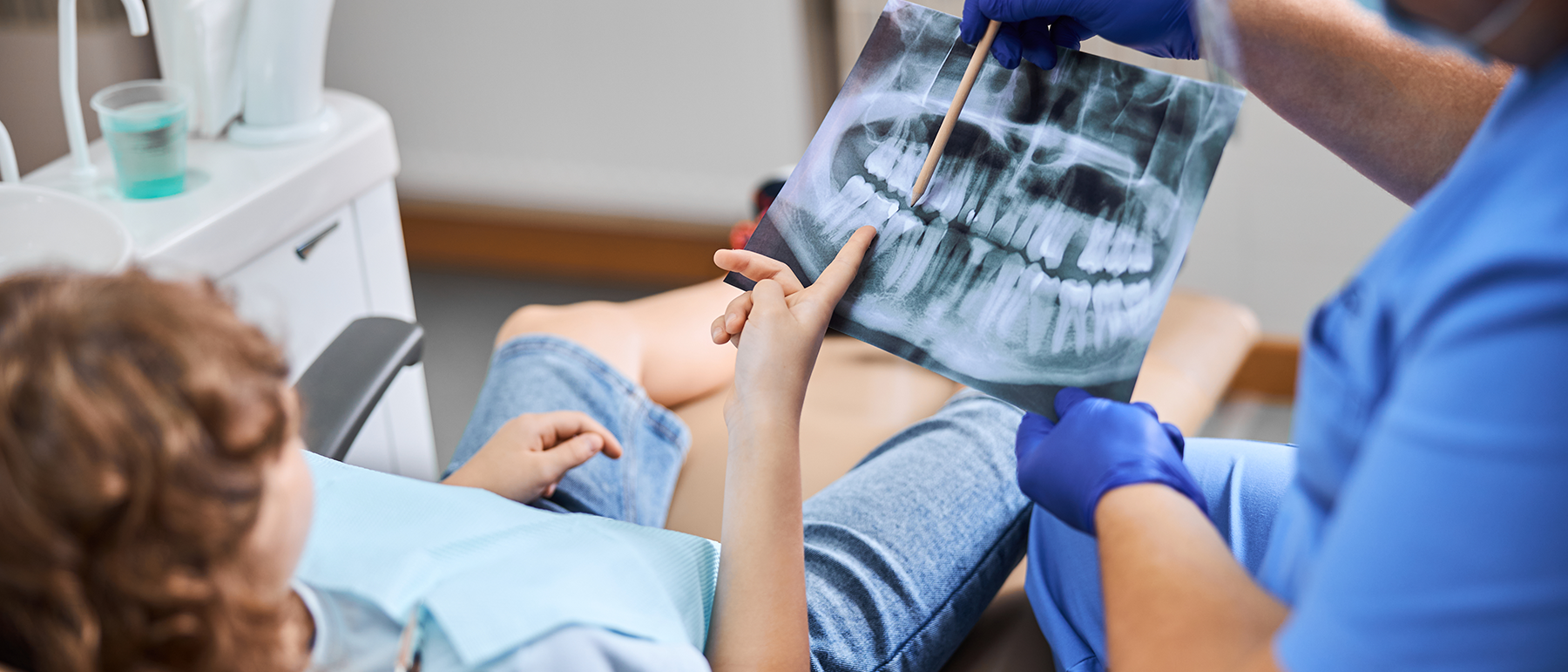
Dental X-ray technology takes advantage of the natural density contrasts within the mouth and jaw. For instance, denser jawbones, teeth, crowns and fillings show up as light areas. Whereas the less-dense soft tissues that surround them, show up as darker areas. Cavities easily appear on X-rays because they are less dense than the teeth that they affect.
Although dental X-rays use radiation to achieve light-dark contrasts, they are not dangerous when used occasionally. During a typical X-ray session, a patient receives about as much radiation exposure as he or she would on a five-hour flight.
Today, digital dental X-rays are a safer and more efficient method, requiring up to 80% less radiation than traditional X-rays and providing a clearer image result. We get our patients to wear protective gear such as lead shields and collars to further reduce these exposure levels.
The process is quick, typically taking only a few minutes, and the images can be viewed immediately on a computer screen. This not only speeds up the diagnostic process but also allows for better communication between the dentist and patient, as the images can be easily shared and explained.
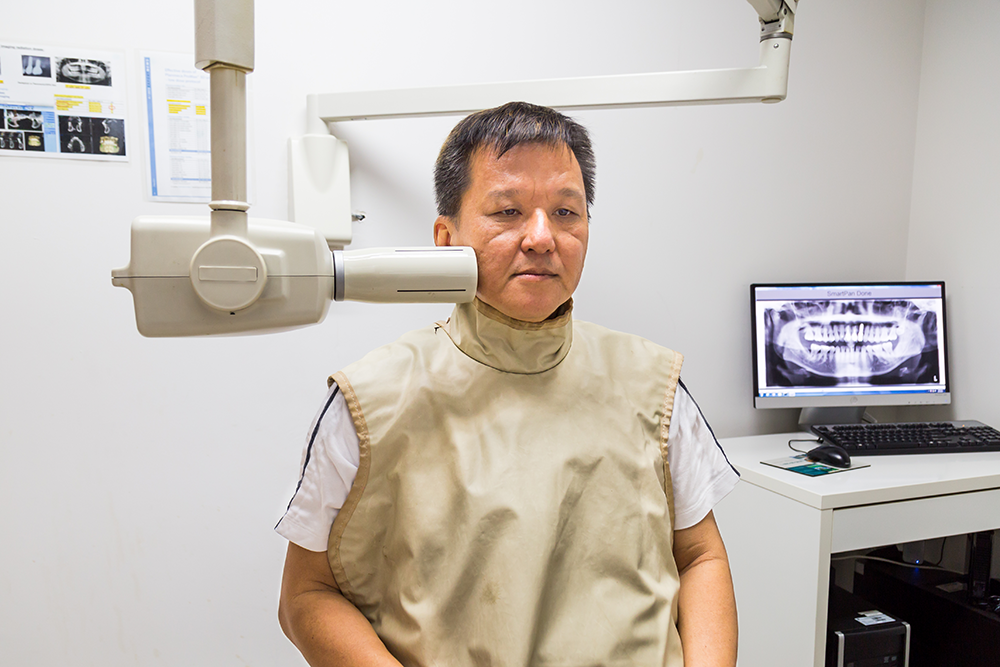
While we’ve answered a few frequently asked questions below, every smile is unique. If you’d like tailored advice or have something specific in mind, we invite you to book a complimentary consultation. We’ll take the time to understand your needs and guide you with care and expertise.
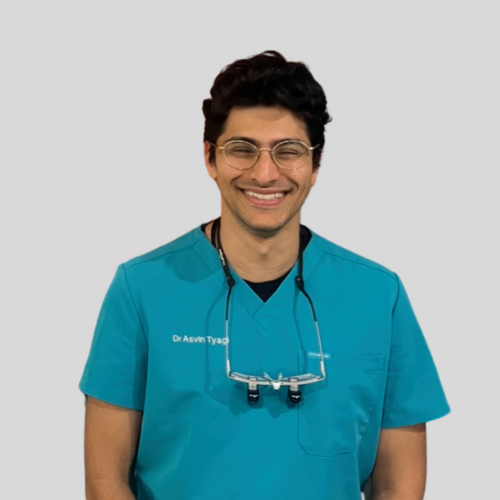
Dr Tyagi enjoys all aspects of general dentistry, with special interests in dental implants, oral surgery, and full mouth rehabilitation.

Phoebe is also dedicated to enhancing children’s oral health and wellbeing, having worked in public dental programs for school-aged children.
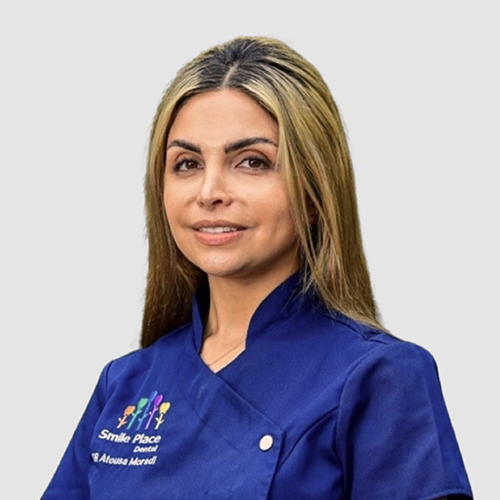
Dr Atousa Moradi continues to stay committed and up to date within dentistry, to always provide excellent dental care and comfort to patients of all ages.
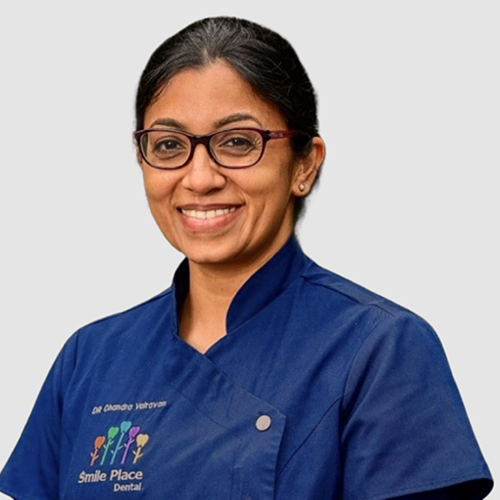
Chandra is one of our highly skilled and experienced dentist who provides the highest quality of dental care to patients of all age.
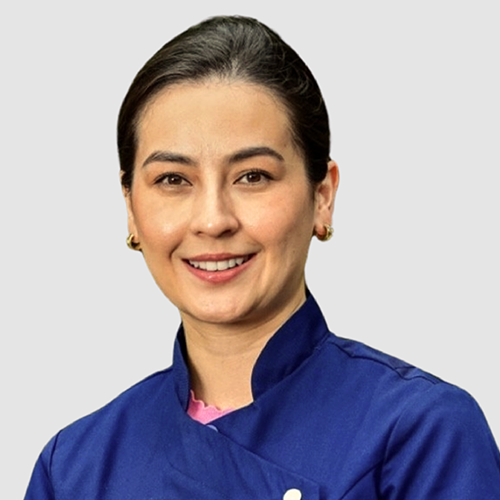
Mariam’s main focus and interest is the prevention and management of gum disease and maintaining overall good oral health.

Dr Thomas Brookes is passionate about all areas of dentistry, particularly preventative and restorative.